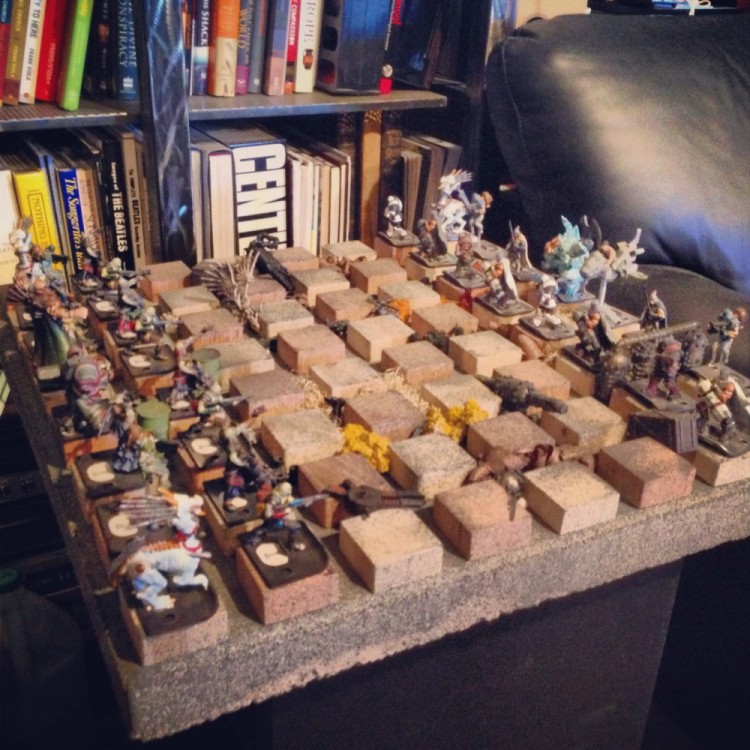Jane McGonigal is a game designer, TED speaker, and author of Reality is Broken, a book about the many ways in which video games teach us about business, relationships, and happiness.
I love this book.
I read it, in one sitting, on a plane from Detroit to Portland. I devoured every page. Not just because I love video games, but because Reality clearly demonstrates why I love games—why you love games, why moms spend hours playing games, only to scold their kids for doing the same thing on a different platform.
I realize the book has its critics, but criticism doesn’t invalidate a good argument, and McGonigal makes a smashing case for fixing reality by applying the truth behind game design. She’s not arguing that we should spend more hours in front of screen—quite the opposite—she argues that we need to realize that which makes our screens so appealing can cross over into corporeal life.
In a fascinating section on autotelic reward (which, by the way, sounds eerily similar to the work we’ve done in Telos: The Point of Life on Earth), she outlines 4 basic intrinsic motivations.
- We want more satisfying work.
- We want the experience—or, at least, the promise—of success.
- We want deeper social connections.
- We want meaning.
A smarter pastor would have read that section and begun to strategize about how we might supply those things for our people, but I’ve given up on spectacular intelligence and will have to settle for a little southern gothic common sense. I read her chapter and thought: wait, we do this already.
It’s why we volunteer.
It’s no secret that churches are run by volunteers. The few staff employed by any church are there primarily to equip and train “normal people” to fulfill the mission of Jesus.
I grew up volunteering. In the immortal words of Ben Redmond, I was a church rat, and I wanted to give all my time and energy to the church precisely because volunteering provided not one or two or McGonigal’s intrinsic rewards, but all of them.
- I could see what needed to be done, take action to do it, and then clearly evaluate that work once it was completed. For example, to lead a Bible study, I knew I had to create a pamphlet. I’d research and then type it up on the computer, then photocopy it and pass it out, having people fill in the blanks during the study. Voila! A sense of accomplishment—which is how McGonigal defines “satisfying” work.
- Despite the general melancholy which besets most paid staff (I’ve addressed this elsewhere), volunteer ministry is almost unilaterally rewarding! We know what success looks like because the metrics are so obvious—fun, worship, prayer, etc.
- Our deeper social connections come from the mentors and disciples we meet while running the toddler room, playing drums, etc. This is the value of communitas (the relationships we form while doing something else), which has been proven to be much more effective than activities with “community building” as the stated objective.
- And, of course, what could be more meaningful than a recognition that our efforts in our local church have lasting, global impact? Whenever we serve Christ, we’re cooperating with God to heal the world. Sure, our local efforts may feel meager, but they’re not. Everything we do in service to our King, grows and cultivates his kingdom all over the world and all across time.
I can’t help but think how much more playful our churches actually are than we imagine. All we have to do is stop making them boring on purpose.
fossores
Related posts
Categories
Category Cloud
Tag Cloud
Recent Posts
- Victors and Victims November 6, 2018
- 3 Hacks for Happiness October 29, 2018
- Hope Against Death September 20, 2018
- The Shape Of The Cross September 19, 2018


